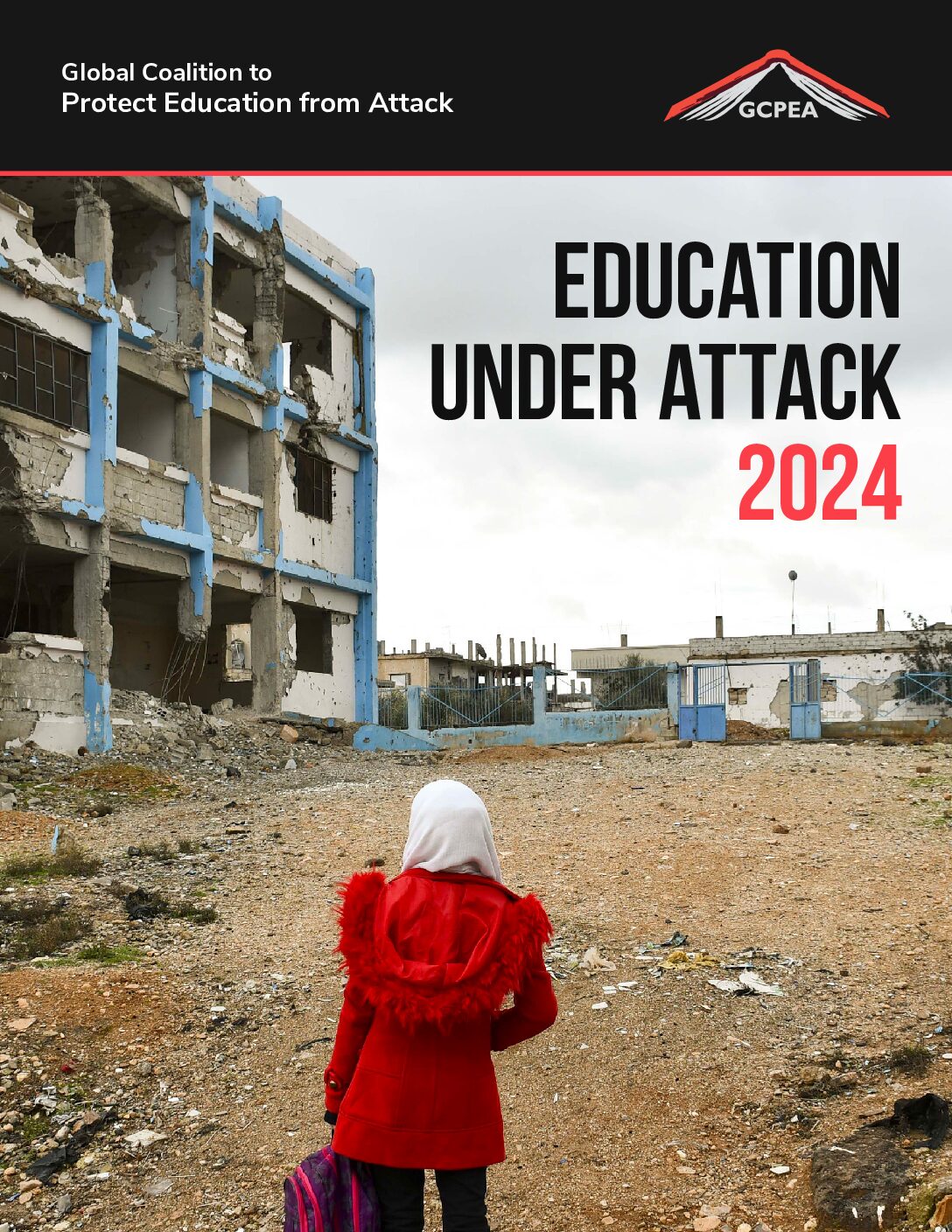GCPEA News
13 killed in suicide attack on Yemen Shiite rebels
AFP, May 25, 2012
SANAA — A suicide attacker drove an explosives-packed car into a post held by Shiite Zaidi rebels in north Yemen on Friday, killing 13 people, including three children, a tribal chief and witnesses said.
Thirteen people were “killed in a suicide attack using a bomb-laden car that stormed a post held by Huthis (Zaidis) in Al-Jawf” province, the tribal chief said.
Among those killed were four passersby, a woman and three children, he said.
Huthi spokesman Mohammed Abdulsalam told AFP seven of his men were killed in the attack.
Witnesses confirmed that a car stormed a school in the town of Hazm in Al-Jawf, which the rebels have turned into a base.
“The school’s entrance was completely destroyed,” said the tribal chief who spoke to AFP on the condition of anonymity.
He said that shrapnel flew 500 metres (yards) from the site of the explosion “due to its intensity.”
Hasan Bughadra, an activist from the tribes of Al-Jawf, also said that seven rebels were killed as well as five civilians in addition to the attacker whose body was torn to pieces.
“The toll is expected to rise especially among civilians because the school is located right in the town centre.”
Abdulsalam said that earlier on Friday a bid by a “suicide attacker” to infiltrate a Zaidi-led rally held to “condemn the US intervention and US drones in Yemen” was foiled.
The would-be was spotted, search and then killed, the rebel spokesman said, adding that the man had been “wearing an explosive belt.”
“We blame no one yet,” Abdulsalam said of both attacks, which he said “only serve the United States and those trying to implement” its agendas in Yemen.
Last week, the Al-Qaeda-affiliated Partisans of Sharia (Islamic law) in Yemen, released a statement threatening to launch attacks against Huthis in “Al-Jawf, Hajja and Saada” to seek revenge for Salafists “attacked” in Dammaj, a town in the north where both sides frequently clash.
Dozens of people have been killed since last year in sectarian clashes between the rebels and Sunni Salafists trying to tighten their grip on northern Yemen, where government control is missing.
An explosion near a government administration complex held by the rebels in Al-Jawf killed two people in August.
Yemen’s mountainous northern region is a stronghold of the Zaidis, also known as Huthis, who from 2004 fought six wars with central government forces before signing a truce in February 2010. The rebellion has claimed thousands of lives.
Suicide attacks in Yemen have increased since President Abdrabuh Mansur Hadi was sworn in earlier this year.
On Monday, a suicide bomber wearing a military uniform detonated explosives as Yemeni troops were rehearsing for a parade killing 96 troops in the capital Sanaa.
With US intelligence agencies describing Yemen-based Al-Qaeda in the Arabian Peninsula (AQAP) as a growing danger, the United States has military advisers assisting Yemeni forces and has carried out regular drone strikes against Al-Qaeda suspects there, mainly in the south and southeast.
Yemen’s longtime ruler, Ali Abdullah Saleh, stepped down in February following a year of unrest, which AQAP has exploited, gaining territory and inflicting heavy casualties on government troops.
Copyright © 2012 AFP. All rights reserved.



